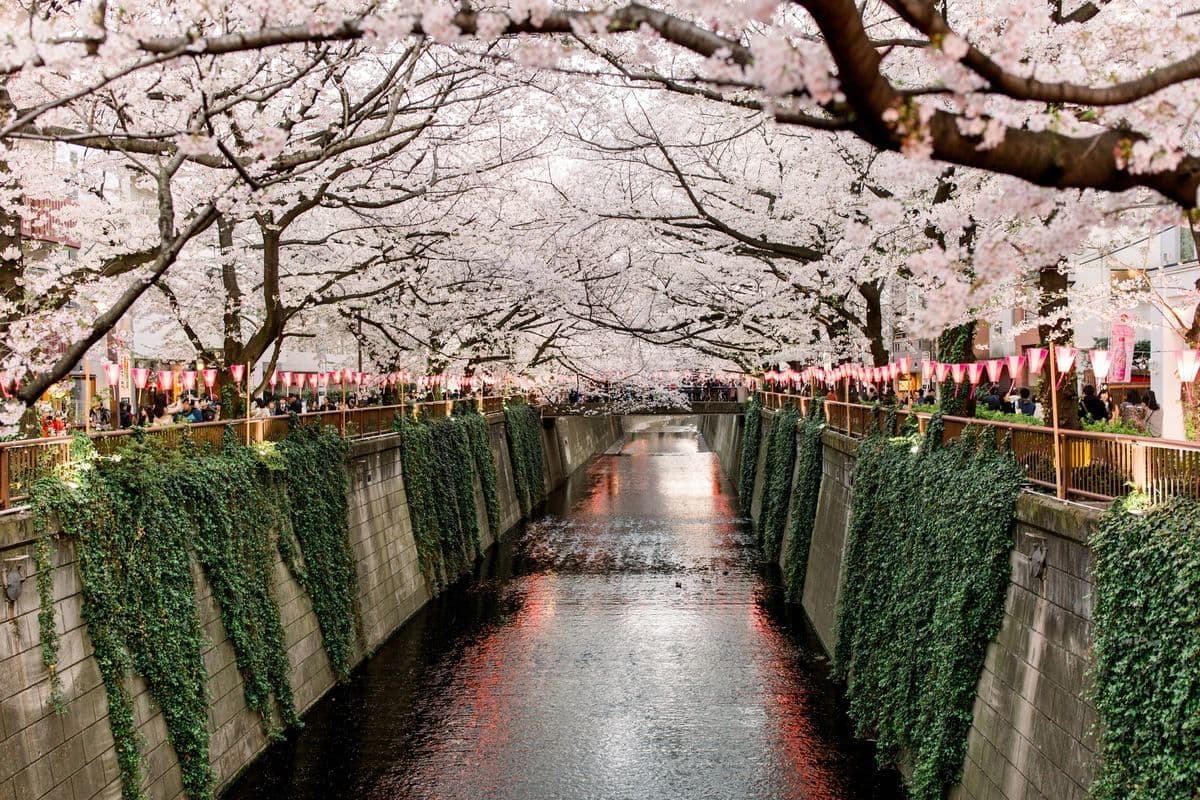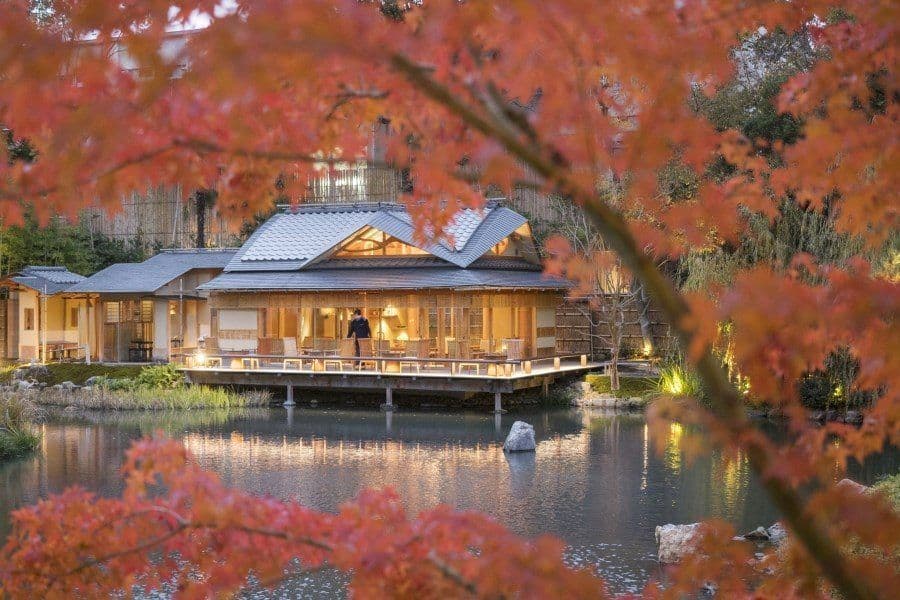Tokyo has long been a favorite luxury property investment destination for high net worth individuals. If you’re considering diversifying your investment portfolio or just curious about the appeal of Tokyo, check out our primer below on the city of 38 million.
1. Economic, political, population and social stability
Amidst the volatile global economic, political, and social landscape, Japan is a beacon of stability. Its economy might not be performing as well as other developed countries, but there is little risk of a major downturn. Similarly, change of governments, no matter how frequent, will always go smoothly.
On the population front, there is minimal population movement. Still, there is a steady population growth across all demographics in major regions, including Greater Tokyo, Fukuoka prefecture, Aichi prefecture, and Okinawa prefecture. This ensures constant and stable growth of domestic property demand.
While Japan is aware and mindful of radical social changes around the world, the traditional Japanese patriarchal family unit and societal model remains largely unchanged.
To summarize, practically everything about Tokyo and Japan screams ‘stability.’ This is perfect for luxury property investors because such investments are typically long-term ventures, unlike investments in stocks, commodities, and especially cryptocurrencies.

2. High Occupancy Rates
Residential occupancy rates give us a quick overview on the balance between rent prices, housing supply, and construction. Mature markets typically have double digits vacancies. However, large swathes of Tokyo are posting very impressive occupancy rates. On the whole, Tokyo (7.3%) has the lowest vacancy rate among major Japanese cities such as Fukuoka (9.4%), Sapporo (11%), Nagoya (11%), and Osaka (14.7%).
This demonstrates the strong fundamentals of Tokyo’s property sector and the potential future yields of future market entrants.
 Did you know that unused agricultural land is taxed higher than residential units?
Did you know that unused agricultural land is taxed higher than residential units?
3. Low Property Taxes
Tokyo’s property tax, comprising of toshikeikaku-zei (municipal tax) and koteishisan-zei (fixed-asset tax), is extremely competitive compared to other countries in the region. Beyond that, tax regulations are designed to reward foreign ownership of properties. A couple of examples of the incentives:
• Rental income is taxed at a flat 10% rate (after deducting operating costs and depreciation)
• Capital gains tax is halved if the property has been held for at least five years. In addition, if the property is a personal residence, owners can seek deductions of up to ¥30 million (approximately US$284,000)!
There is a myriad of other tax incentives that property investors can take advantage of (e.g., houses with wooden frames are taxed lower than those with steel frames). So be sure to ask about them when you’re viewing potential properties in Tokyo.
Receive Japanese Real Estate Listings directly to your phone!


Subscribe To Our Free Newsletter

Editorial Department
Bringing you the latest real estate & lifestyle news in Japan







